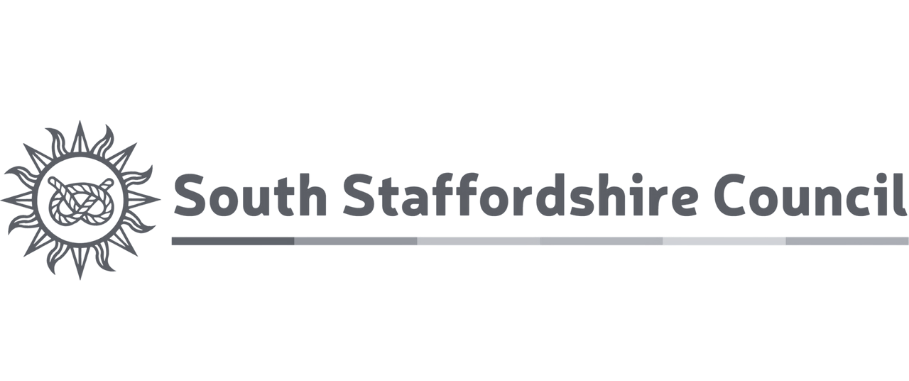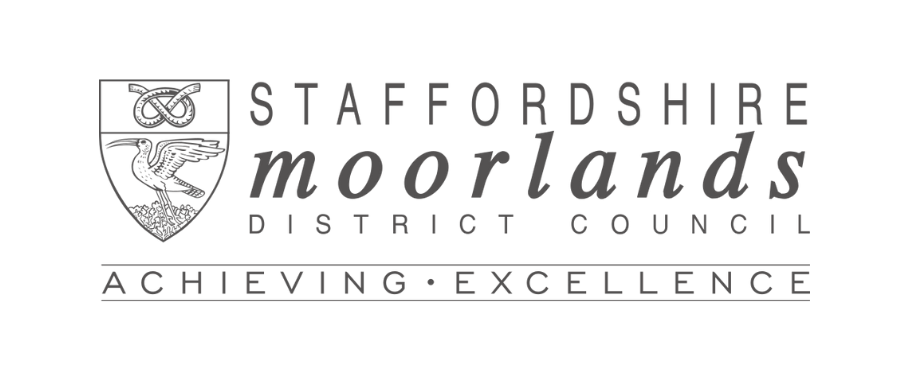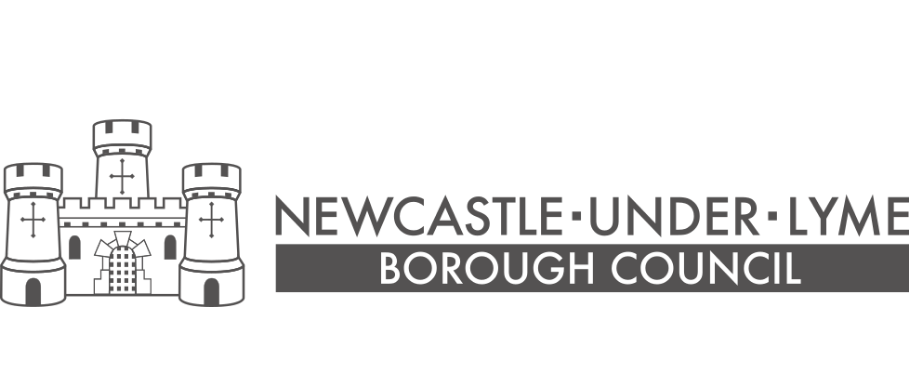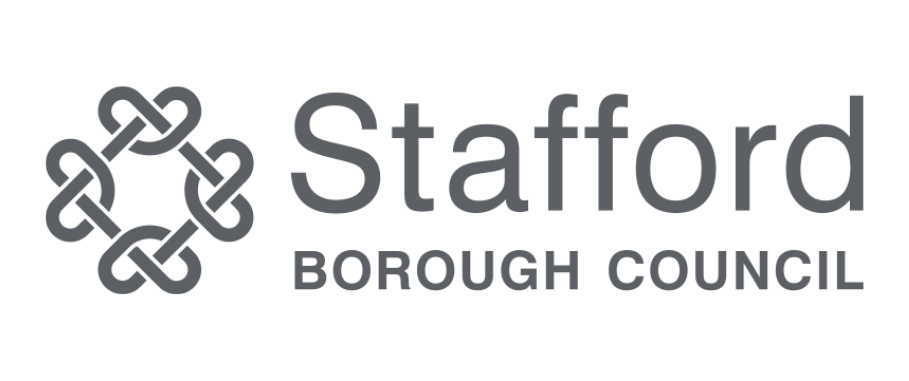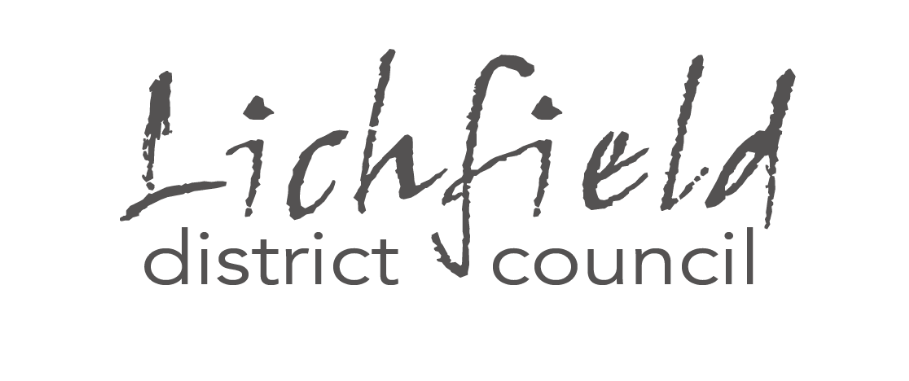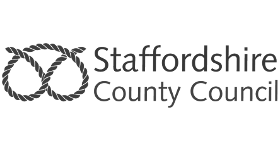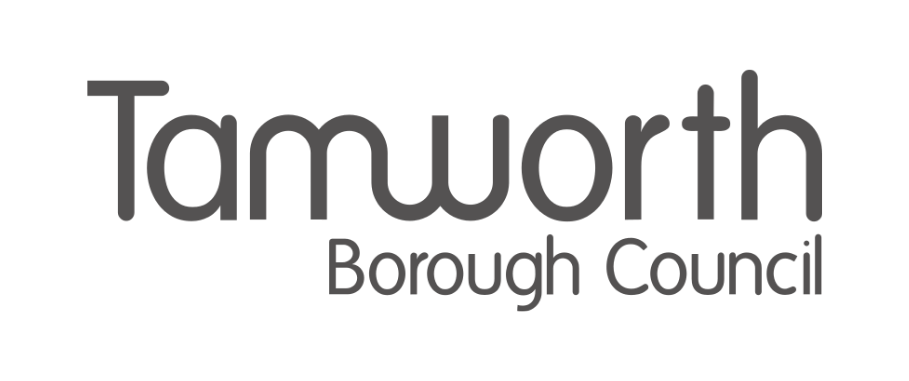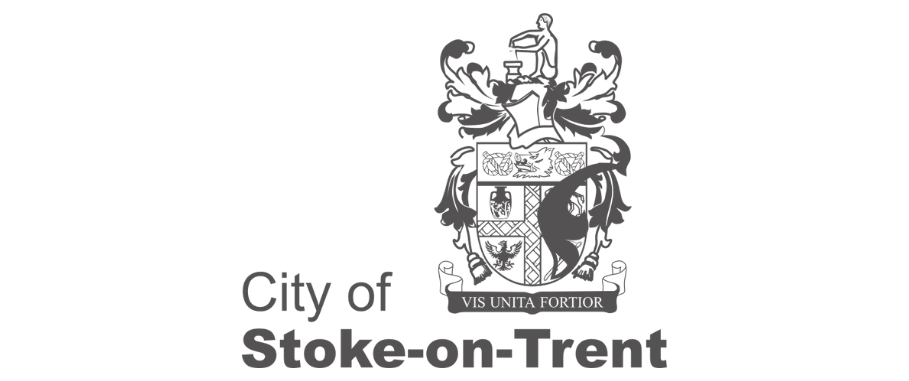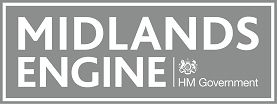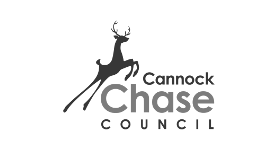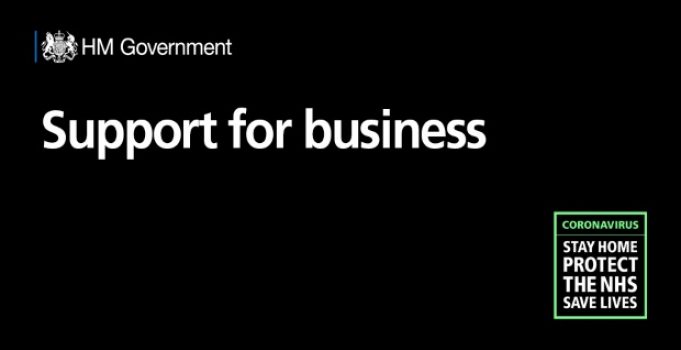
Your guide to the Self-employment Income Support Scheme (SEISS)
The Self-employment Income Support Scheme (SEISS) will support self-employed individuals (including members of partnerships) whose income has been negatively impacted by COVID-19.
The scheme will provide a grant to self-employed individuals or partnerships, worth 80% of their profits up to a cap of £2,500 per month. HMRC will use the average profits from tax returns in 2016-17, 2017-18 and 2018-19 to calculate the size of the grant.
The scheme will be open to those where the majority of their income comes from self-employment and who have profits of less than £50,000. The scheme will be open for an initial three months with people able to make their first claim by the beginning of June.
To be eligible for the scheme you must meet all the criteria below:
• Be self-employed or a member of partnership;
• Have lost trading/partnership trading profits due to COVID-19;
• File a tax return for 2018-19 as self-employed or a member of a trading partnership. Those who have not yet filed for 2018-19 will have an additional 4 weeks from this announcement to do so;
• Have traded in 2019-20; be currently trading at the point of application (or would be except for COVID 19) and intend to continue to trade in the tax year 2020 to 2021
• Have trading profits of less than £50,000 and more than half of your total income come from self-employment. This can be with reference to at least one of the following conditions:
o Your trading profits and total income in 2018/19
o Your average trading profits and total income across up to the three years between 2016-17, 2017-18, and 2018-19.
What happens to individuals whose 2018/19 profits are very different to what they would have expected to make this year?
The government will only act on the most recently available data. This is from the 2018/19 tax year. To try to provide the most accurate possible estimate of self-employed income, we can look at average profits over 16/17, 17/18 and 18/19.
Is this grant subject to tax?
Yes – individuals will pay Income Tax and National Insurance on any payments received through this scheme as they are replacement for income in line with normal practice for benefits or grants that replace income. The grant is recognised as income for the purposes of Universal Credit and Tax Credits and may impact the amount claimants are entitled to.
What should self-employed people do while they wait to be paid?
In the interim, self-employed individuals may be eligible for universal credit. The government has provided over £6.5bn of additional support through the welfare system for those affected by Covid-19.
Why does this scheme not cover small businesses who are incorporated?
Self-employed individuals who are owner-managers and pay themselves a salary through PAYE will be eligible for support through the Coronavirus Job Retention Scheme.
SMEs can also access support through the temporary Coronavirus Business Interruption Loan Scheme. This supports SMEs with access to loans, overdrafts, invoice finance and asset finance of up to £5 million and for up to 6 years. This new Self-Employment Income Support Scheme is open to anyone who reports trading profits through Income Tax Self-Assessment.
Self-employed individuals who work through a company do not report their trading profits in this way.
How do I access it?
Individuals should not contact HMRC now. HMRC will use existing information to check potential eligibility and invite applications once the scheme is operational. HMRC will then pay the grant directly to eligible claimants’ bank account. For eligible individuals who have not submitted their returns for 2018-19, they will have 4 weeks’ notice from today to file their returns and therefore become eligible for this scheme.
When can I access it?
Grants are expected to start to be paid by the beginning of June 2020.




